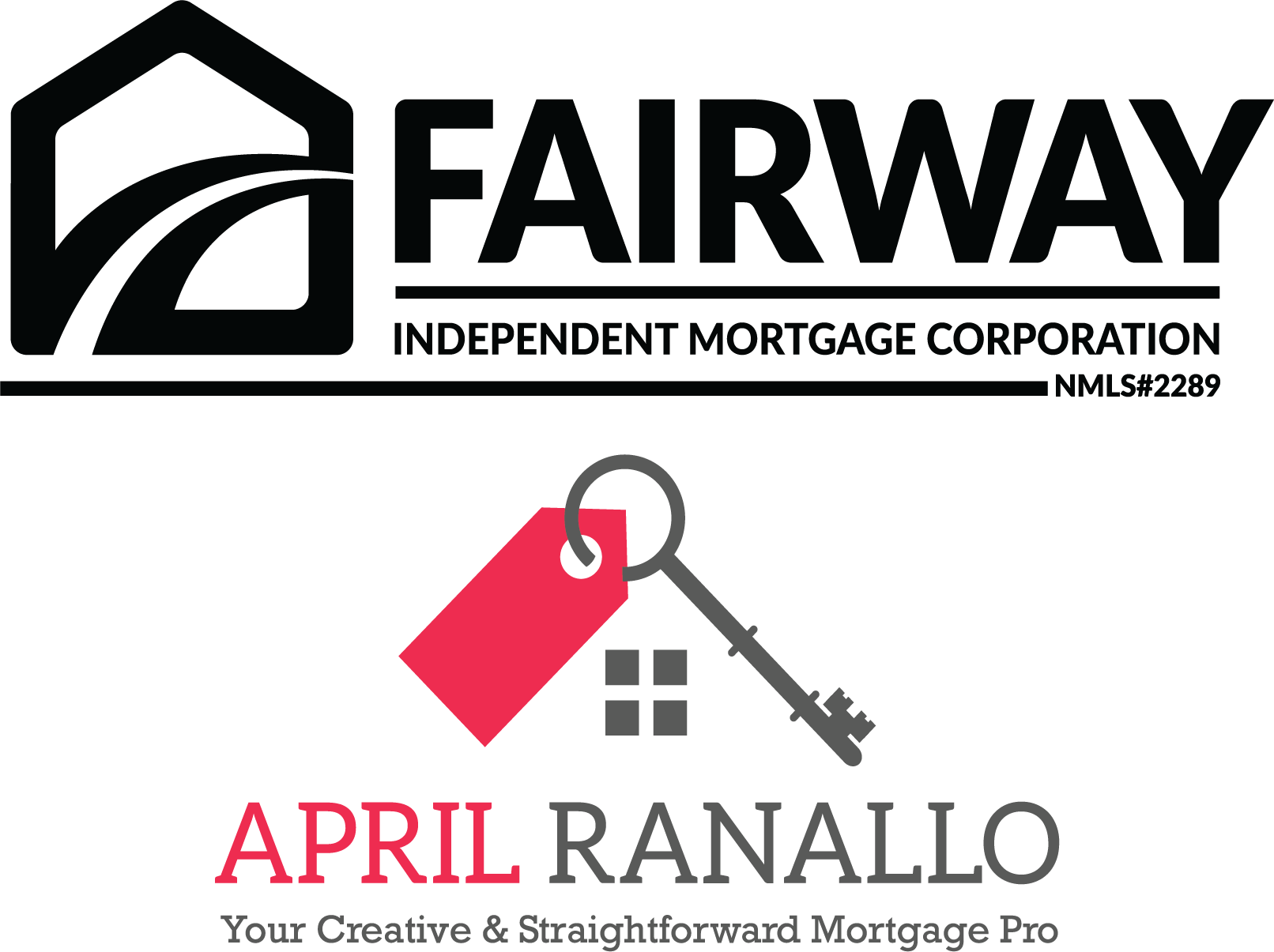You’re in the market for a home, and perhaps you’ve even set your sights on the neighborhood where you’d like to live. You’ve looked at houses and done your research, but there’s only one problem – your credit score is less than stellar.
This issue can feel like a significant roadblock to many would-be home buyers, but it doesn’t always have to be. Help your dream become a reality by learning how to raise your credit score quickly to buy a house!
Why Should I Work to Improve My Credit Score Before Buying a House?
When you want to borrow money to purchase a home, banks and financial institutions must ensure that you are a trustworthy borrower who will repay your loan. One of the first things they do during this “vetting” process is to check your credit score.
You are more likely to get approved for your loan request if you have a good – or excellent – credit score. Additionally, better credit scores typically equal better mortgage terms, meaning the possibility of lower interest rates or no private mortgage insurance requirements.
What Steps Can I Take to Raise My Credit Score Quickly?
Rome wasn’t built in a day, so don’t expect a 100-point increase overnight. However, with these tips, you can get the credit you deserve, helping you to buy a home faster.
Check your credit score
You need to know your starting point to understand where you’re going. Knowing your score can help you develop a game plan and set goals for improvement. You can request one free copy of your credit report each year.
Address any errors on your credit report
Even credit bureaus sometimes make mistakes. Did you know that the Federal Trade Commission reports that 5% of consumers have errors on their credit reports?
When you receive your report, review each detail carefully. Your report may contain errors or out-of-date information. If you find any discrepancies, contact the leading credit bureaus to report the issue.
Pay bills on or before their due dates
While it may seem like an obvious suggestion, you must pay all upcoming payments on time to raise your credit score quickly. Late payments directly influence credit scores. Don’t overlook non-loan expenses such as utility and cell phone bills – these companies will also report missed and late payments to credit agencies. Set up automatic payments through your checking or savings account if you have trouble remembering to pay on time.
Become an authorized user
If you have a close family member with excellent credit, consider asking them if you can become an authorized user of their credit card account. If they have a card with a high credit limit that they pay in full every month, that’s even better!
This account will be added to your credit report so that you can benefit from your relative’s on-time payment history. It is important to note that this option is not for everyone but is something to consider.
Improve your credit card payment history
Did you know that your payment history accounts for about 35% of your credit score? If you have missed or late credit card payments, work on ensuring this doesn’t happen again.
First, pay the minimum payment amount on time or early every month. Paying on time will help with three things:
- You will uphold your end of the bargain with the credit card company.
- You will keep your account in good standing.
- You won’t have to pay any late fees.
A better option is to pay MORE than the minimum payment, paying the card in full each month. Making larger payments helps save money on interest and improves your payment history – win, win!
If you have more than 30 days late payments, don’t hesitate to call the creditor. Explain your situation and let them know you are working on getting back on track. Politely ask if they will consider not reporting your missed payment to the credit bureaus. While this may not work, it is worth a shot.
Pay Down Revolving Account Balances
Making payments on time is only part of the equation. As you’re trying to improve your credit, you also need to work on lowering your credit utilization rate. What does that mean? Your credit utilization rate is the percentage of credit used compared to your available limit.
For instance, if your credit card has a $20,000 limit with a $10,000 balance, your credit utilization ratio is 50%. The lower the ratio, the better. So, the answer is simple: Do not make any additional charges to the account and make larger monthly payments.
Avoid closing current accounts
Credit agencies and mortgage lenders like to see a history of well-managed accounts. Avoid closing the card even if you have a $0 balance. When preparing to buy a home, the longer the information stays on your credit report, the better. The “age” of your accounts is a vital credit score factor.
Avoid opening new accounts
Avoid opening any new accounts when you want to raise your credit score quickly to buy a home. Don’t apply for credit cards, personal loans, or car loans. Lenders look not only at your current accounts but how many times other lenders have inquired about your credit. These inquiries can “ding” your credit, negatively impacting it over time.
Final Thoughts
Working to raise your credit score quickly doesn’t have to be overwhelming. By following these simple steps, you’ll be on your way to better credit in no time.
Check out my learning center for more information. If you have credit score questions or need help with buying a home, please feel free to contact me anytime. I will do everything I can to get you on the road to homeownership quickly and efficiently!

